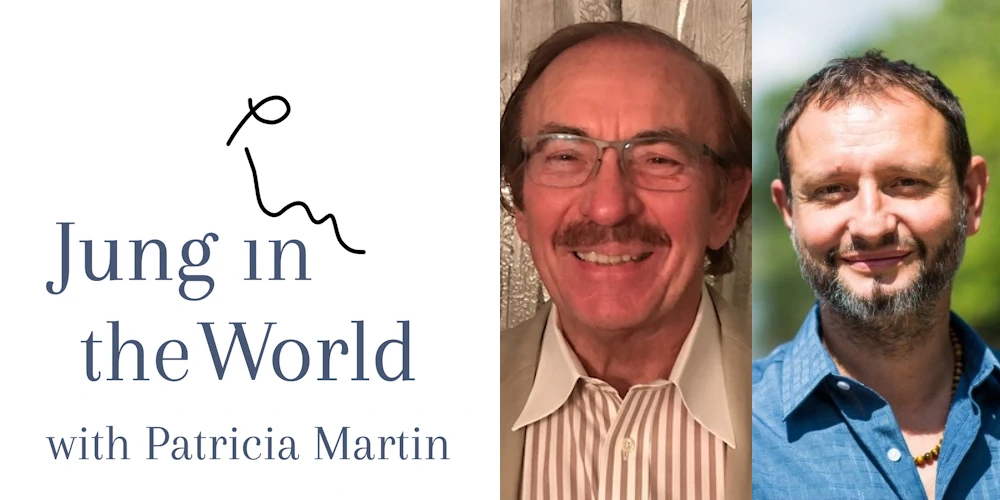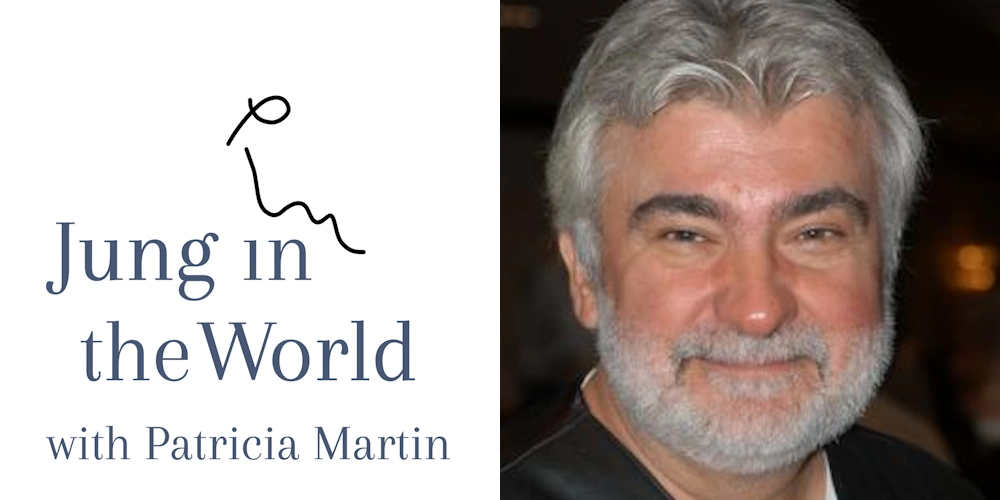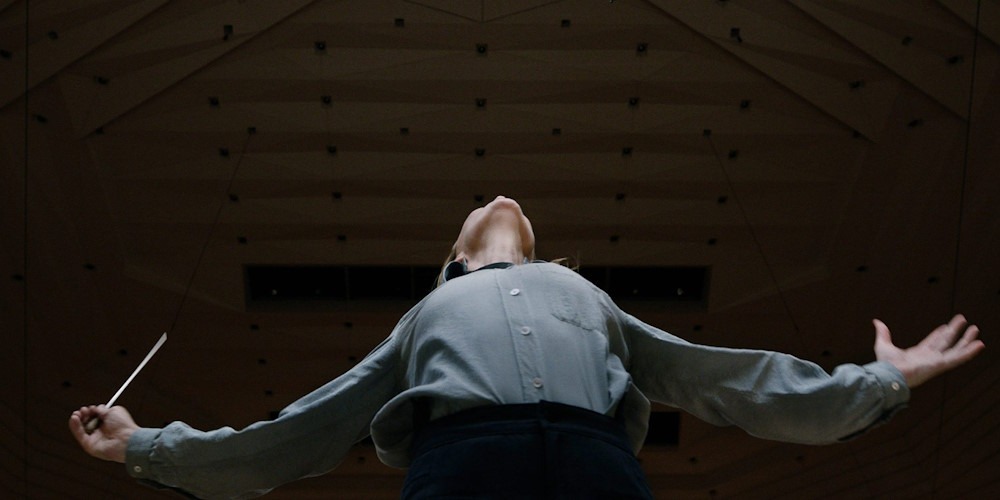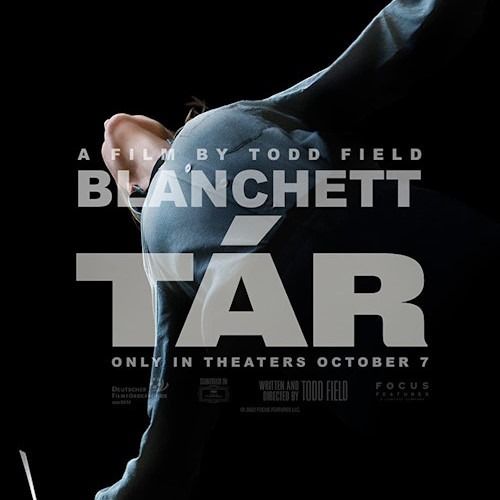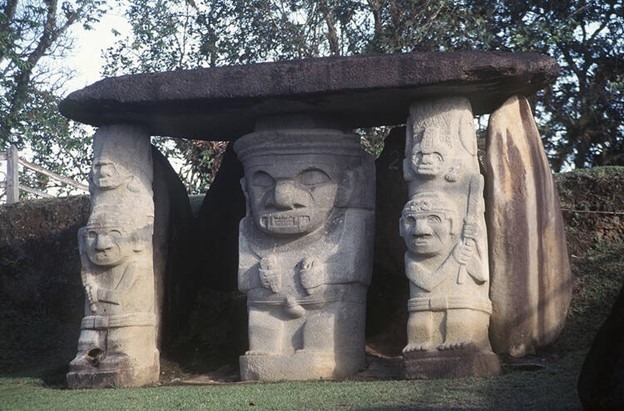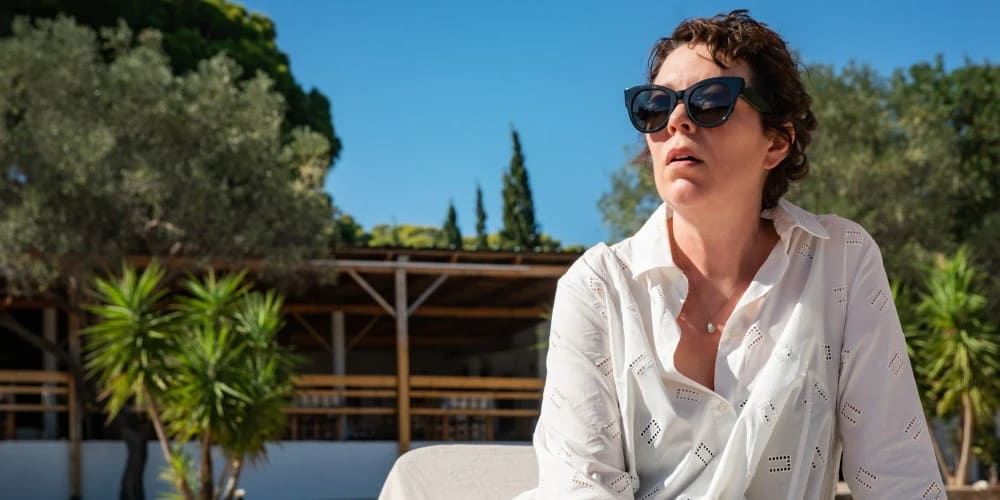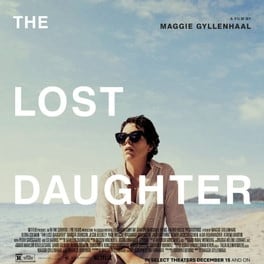
Vlado Solc | QAnon: Eclipse of the Soul
“In an odd way, the conspiracy theorist’s view is both frightening and reassuring. It is frightening because it magnifies the power of evil, leading in some cases to an outright dualism in which light and darkness struggle for cosmic supremacy. At the same time, however, it is reassuring, for it promises a world that is meaningful rather than arbitrary. Not only are events nonrandom, but the clear identification of evil gives the conspiracist a definable enemy against which to struggle, endowing life with purpose.” (Michael Barkun 2003)
Odysseus’ Shipwreck
In the Homeric Opus, the embattled and traumatized Odysseus is shipwrecked at Ogygia Island: “Then, all at once Zeus thundered and hit the ship with a lightning bolt. Smitten by Zeus’ bolt, the ship spun around and was filled with sulphurous fumes. My shipmates fell out of the ship, and, like seahawks, they were carried by waves past the black ship” (Homer, 1871, p. 12.407–19).
(more…)
